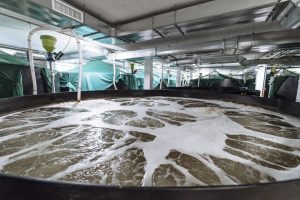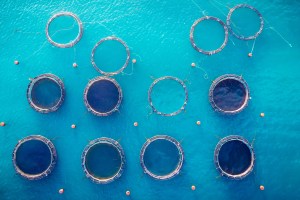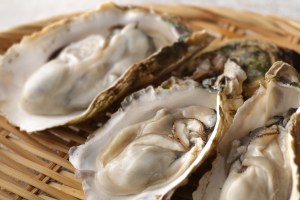Introduction
I’m Jeroen, and I’ve been a technician at Xelect for four years now. I previously worked at the James Hutton Institute as part of a team that was developing potato cultivars tolerant to heat stress (which causes dramatic reduction in crop yields). It has been really interesting to learn that climate change with the unpredictable weather patterns not only poses serious challenges to agricultural but also aquacultural food production.
Role Overview
I am part of Xelect’s laboratory team that generates the genetic data that our breeding programme team then uses to design mating schemes that will give offspring with desired traits. My primary responsibility involves DNA extraction from tissues samples supplied by our clients worldwide. Upon arrival in our lab, these samples are conscientiously processed through well-established protocols to ensure that our clients get reliable, high quality results.
Industry Insights
It’s fascinating to see how aquaculture has evolved. When I first joined Xelect, I had limited knowledge about the scale of fish farming or how breeding programmes were conducted. Now, in 2025, we’ve reached a historic milestone – global farmed fish production has overtaken wild catch for the first time. That said, the industry faces many challenges like rising seawater temperatures and sea-lice infestations, driving the need for marker-assisted breeding to raise fish that are thermotolerant and have resistance against sea-lice.

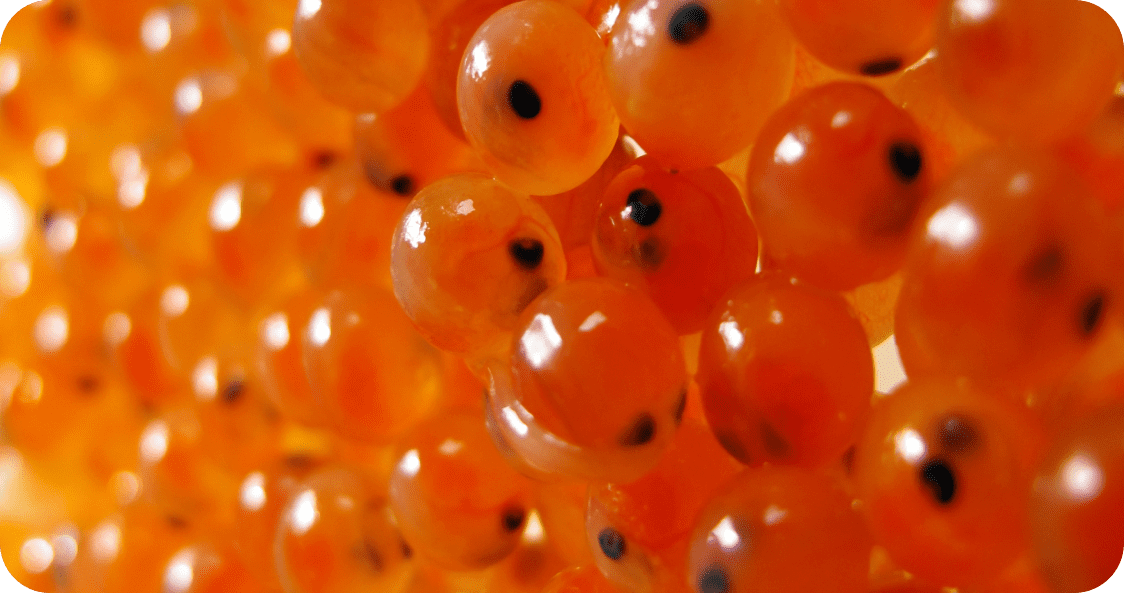
Client Interaction Spotlight
Last December, I had the opportunity to experience our work from a different perspective when I joined a sampling mission at one of Loch Duart’s farm sites on Scotland’s west coast. It is nice to meet the people at the farm and to participate in the sampling process which is comprehensive and collaborative:
- Preselected female and male salmon were carefully caught from land-based reservoirs (a task
requiring remarkable skill and cold tolerance!) and prepared for sampling under anesthetic. - Measuring the length of each fish.
- Collection of eggs and milt for breeding purposes.
- Sampling for parentage assignment and SNP panel development for our new FlexSeqtm genotyping platform.
- Sampling different tissues for various health screenings, including BKD, IPN, and CMS by a veterinarian doctor (this not only monitors health status of the fish but is also legally required).
Team Collaboration
What stands out at Xelect is our emphasis on building strong relationships, both internally and with our clients. Our breeding programme managers regularly conduct site visits to oversee sampling processes and ensure correct procedures are followed. These relationships are fundamental to successful breeding programmes.
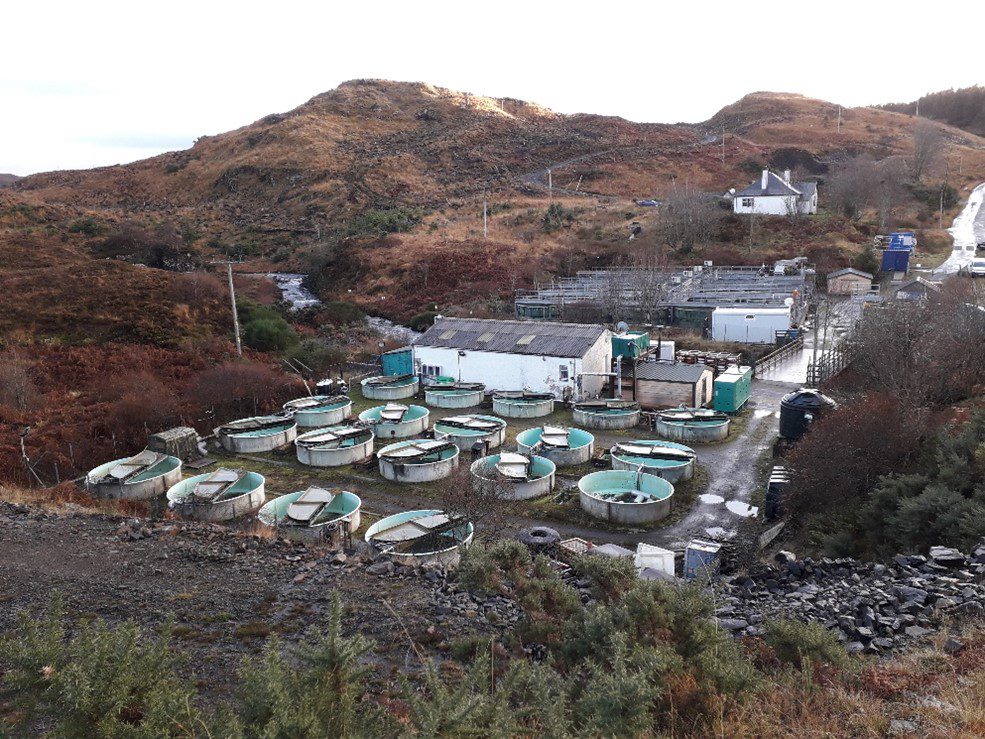
Personal Growth
One of the aspects I most appreciate about working at Xelect is the opportunity to take on different roles when needed. This not only enhances our professional development but also increases the company’s flexibility and resilience. My week at Loch Duart’s farm site is a perfect example of this approach.
Closing Thoughts
The experience of seeing our work at every stage and to work at an actual farm site is invaluable. While the December weather might not have been ideal, the opportunity to engage directly with our clients was very enjoyable and witnessing the live results of years of collaborative fine-tuning and improving our client’s broodstock was exciting. The stunning landscapes of Scotland’s west coast provided a magnificent backdrop to our work, and I’m already looking forward to my next farm visit.



